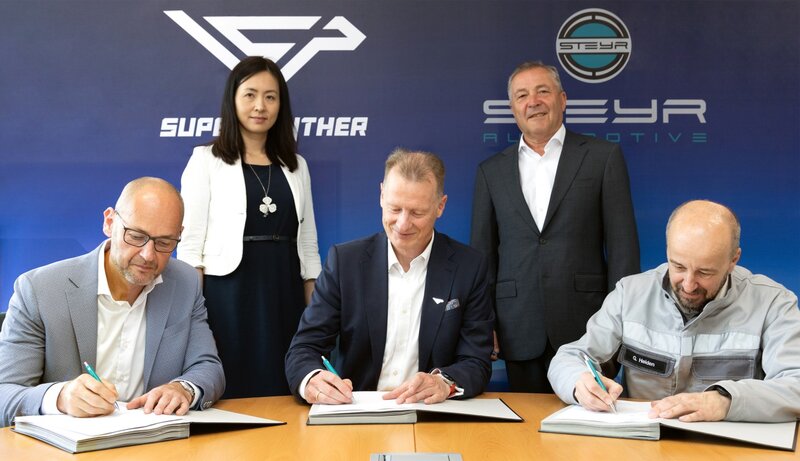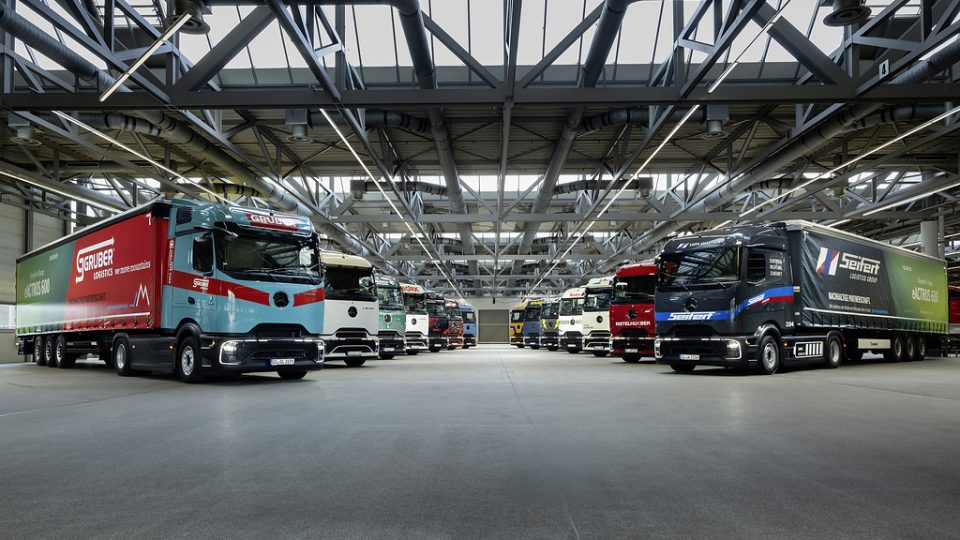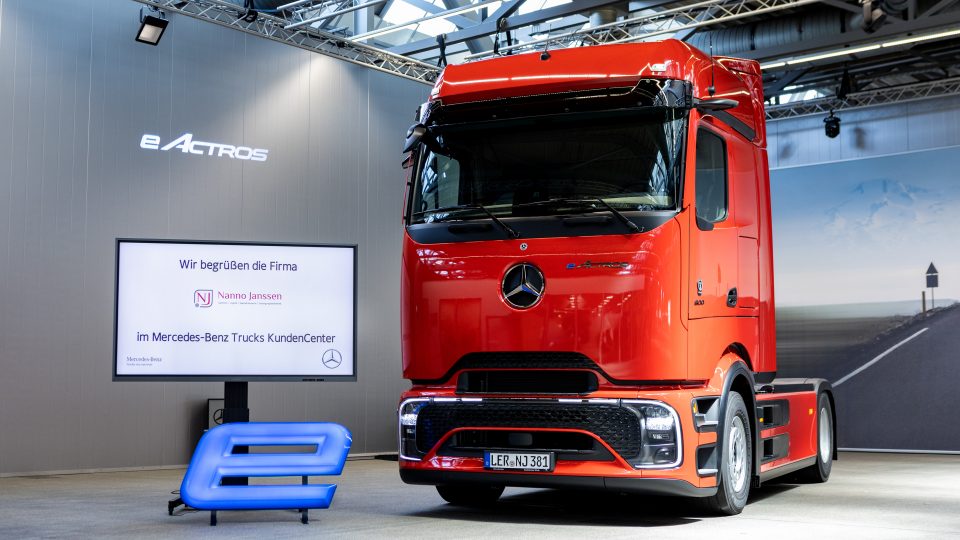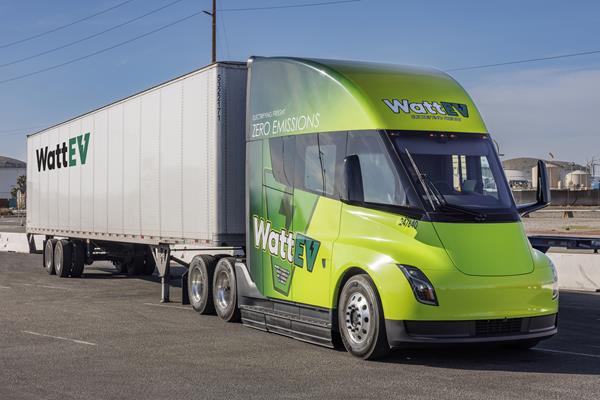IHS Markit: 346 e-trucks registered in Europe in 2021. Volvo Trucks leads as for market share
The countries in Europe with the most electric trucks registered (≥16 tonnes) are Switzerland (77 trucks), Norway (56), Sweden (47) and The Netherlands (42). Germany follows with 37 registered all-electric trucks, while some more big European countries are behind: France (25), Spain (11), Italy (9).
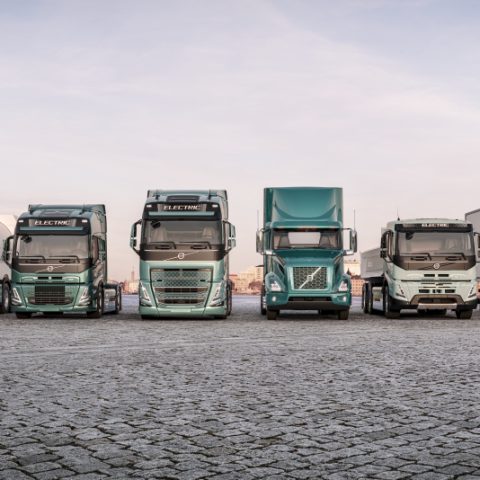
Statistics from the market analysis group IHS Markit show that during 2021 a total of 346 e-trucks (≥16 tonnes) were registered in Europe, with an increase of 193% compared to 2020. Volvo Trucks has the largest market share at 42%. The countries in Europe with the most electric trucks registered (≥16 tonnes) are Switzerland (77 trucks), Norway (56), Sweden (47) and The Netherlands (42). Germany follows with 37 registered all-electric trucks, while some more big European countries are behind: France (25), Spain (11), Italy (9). The data collected by IHS Markit include Europe without the UK.
Beyond the figures on e-truck recorded by IHS Markit
As for Volvo Trucks, in 2021, the manufacturer took orders, including letters of intent to buy, for more than 1,100 electric trucks worldwide (here are some recent examples coming from Norway and Italy). Volvo has so far delivered electric vehicles to a wide range of customers in Europe, North America and Australia. The company’s target is that half of its total truck sales will be electric by 2030.
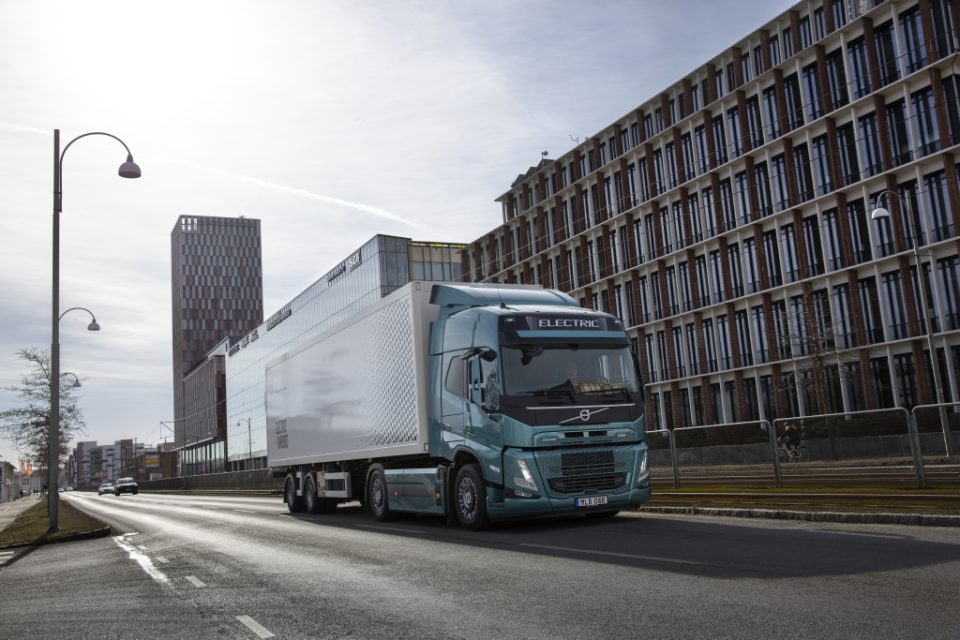
«We are determined to drive the electric truck revolution and our market leading position in Europe is proof that we are doing just that. Even if volumes are still low, we see rapidly growing interest, both in Europe, North America and in other parts of the world. In 2021 we have taken orders, including letters of intent to buy, for more than 1,100 trucks in over 20 countries. I’m convinced it’s becoming a key competitive advantage to offer electric, zero emission transports», declared Roger Alm, President of Volvo Trucks.










